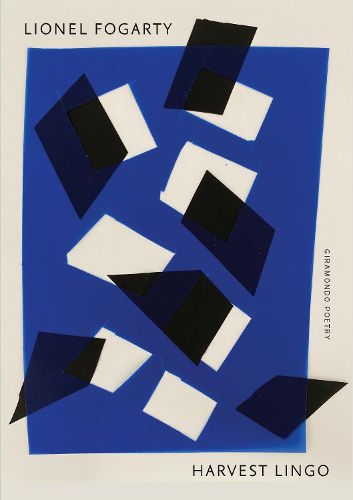Harvest Lingo by Lionel Fogarty
I first read Lionel Fogarty’s poetry when I was at uni and I was stunned. Although I had loved poetry for a long time, I was more familiar with modern poets than with contemporary Australian and First Nations poets. I felt that I had been shown not only the full scope of possibilities with the poetic form, but with language as a whole. I was therefore excited to hear Fogarty’s 14th collection, Harvest Lingo, will be released this month.
Harvest Lingo addresses many cultural issues and political events, and often focuses on Fogarty’s own perception of being an activist and a poet. One section of the book comprises poems written while he was in India – comparing and contrasting the experiences of different groups of oppressed people. To this effect, I was impressed by the long poem ‘Aloha for Aotearoa’, which calls for solidarity between Māori and Murri peoples.
Fogarty’s use of language is unique, seeming at first to be a cluster of images, but is on further reading a highly considered grammar of its own kind, twisting and reinventing how English can work. This is integral to understanding the collection’s themes through the voice of a Murri man – the language decentres the white Australian reader, instead asking for close re-reading. The line ‘can’t speak their harvest lingo’ captures this well, suggesting that language itself is a process of gathering, tearing down and finding what is useful, but ultimately owned by colonisers and judged by appearances.
‘To be Aboriginal is resurgent forever’, Fogarty says and I see this in his use of language. For readers unfamiliar with Fogarty, I recommend starting with Eelahroo (Long Ago) Nyah (Looking) Möbö-Möbö (Future) published by Vagabond Press. For those who don’t read poetry often, Harvest Lingo is more demanding reading, but those who have enjoyed other First Nations poets such as Evelyn Araluen and Tony Birch will be pleased.



